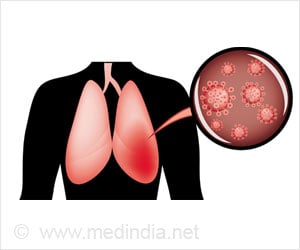Researchers analyzed breast cancer data to uncover how specific microRNAs influence cancer progression, offering new treatment insights.

‘New hope for #breastcancer patients! Researchers have discovered novel patterns in models that can predict survival and explain why #obesity-related insulin resistance worsens outcomes. #IWD’





Hope for Personalized Breast Cancer Therapies
“We hope our study will lead to better treatments for patients with aggressive breast cancer, especially those with metabolic disorders like diabetes. By uncovering how cancer and metabolism are connected, we move one step closer to more personalized and effective therapies,” said corresponding author Gerald V. Denis, PhD, MSc, Shipley Prostate Cancer Research Professor and professor of pharmacology, physiology & biophysics.Researchers collected exosomes from fat cells and studied how the microRNAs they contain worsen TNBC cell behavior. They then added these exosomes to cancer cells in lab experiments, and experimental models of breast cancer metastasis, and observed dangerous changes in their growth, movement, ability to survive under stress and colonize the brain. They found that microRNAs, which are involved in many biological processes, including cell differentiation and insulin secretion, are carried in the exosomes and promote aggressiveness in triple-negative breast cancer, especially increasing brain metastasis.
“Our study highlights the growing understanding that cancer does not develop in isolation—it is influenced by a person’s overall health, including metabolic conditions like diabetes. This problem is urgent because the epidemic of obesity-driven diabetes is worsening and now affects over 537 million adults worldwide. This finding adds to the idea that treating underlying conditions, not just cancer itself, could improve patient outcomes,” said Denis, who also is co-director of the BU-BMC Cancer Center.
Reference:
- Insulin Resistance Increases TNBC Aggressiveness and Brain Metastasis via Adipocyte-derived Exosomes - (https://aacrjournals.org/mcr/article-abstract/doi/10.1158/1541-7786.MCR-24-0494/752165/Insulin-Resistance-Increases-TNBC-Aggressiveness?redirectedFrom=fulltext)
Source-Eurekalert















